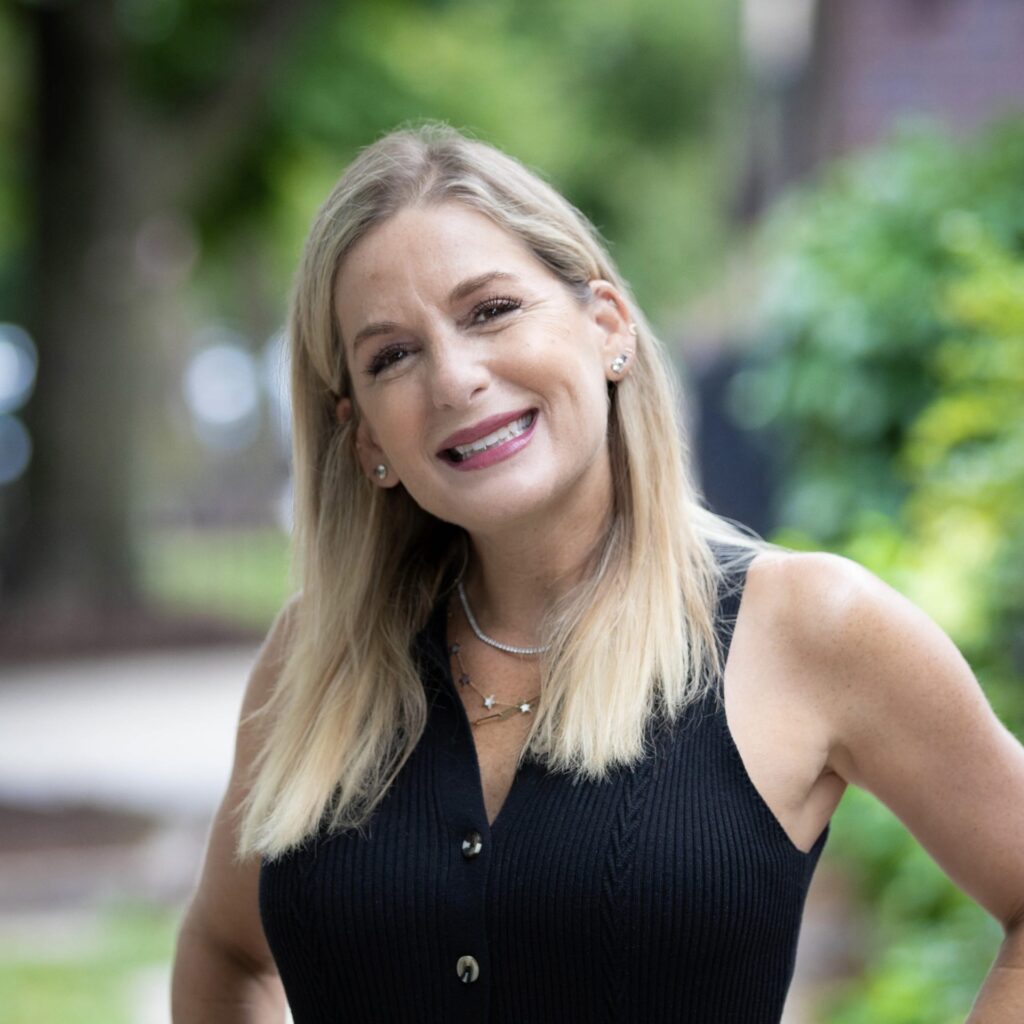Let’s start with the irony: This blog is being written by ChatGPT, about why ChatGPT can’t be your therapist.
And to be fair, I can be a helpful tool. Think of me as your ultra-organized, never-sleeps, hyper-efficient self-help book with infinite pages. I can help you track unhelpful thinking patterns, brainstorm exposure hierarchies, rewrite a catastrophic thought in twelve different ways, and give you ten metaphors for what anxiety feels like (an overprotective guard dog, a car alarm that won’t stop blaring, a bossy inner toddler—you get the idea).
But here’s the truth: I can’t see you.
And that’s where the magic of real therapy—and real human connection—lives.
Because healing from anxiety, depression, burnout, or emotional despair isn’t just about fixing distorted thinking or setting better boundaries. Those things matter. But they land differently—more deeply, more enduringly—when they’re met with human eyes and human presence.
When someone sits across from you (or on a Zoom square), listens to your messy truth, and responds not with an algorithm, but with a steady, accepting, real gaze that says: I see you. You’re not broken. You’re not too much. And you don’t have to go through this alone.
That moment—that felt sense of being understood and still fully welcomed—is something no chatbot, no matter how advanced, can offer. It’s the antidote to the epidemic of loneliness and isolation that so many are facing today. A public health crisis that’s quietly fueling our mental health crisis. And unfortunately, it’s a problem that technology often makes worse, not better.
We scroll more. We text instead of talk. We ask AI instead of asking each other. And while that can be convenient (and yes, even helpful), it can also slowly replace the real-life, imperfect, brave act of letting ourselves be seen.
So, if you’re using ChatGPT or any other form of tech-based self-help—amazing. Truly. Keep going. Let it be part of your healing toolkit.
But please remember: It’s not a replacement for connection. It can’t hold your grief, your joy, or your trembling voice the way another human can.
You deserve to be known—not just by a program that processes your words, but by a person who holds them with care.
If that’s something you’re seeking, we’re here for you at Light On Anxiety. Our team of real, live humans would be honored to walk beside you. Algorithms have their limits. Human connection doesn’t.
